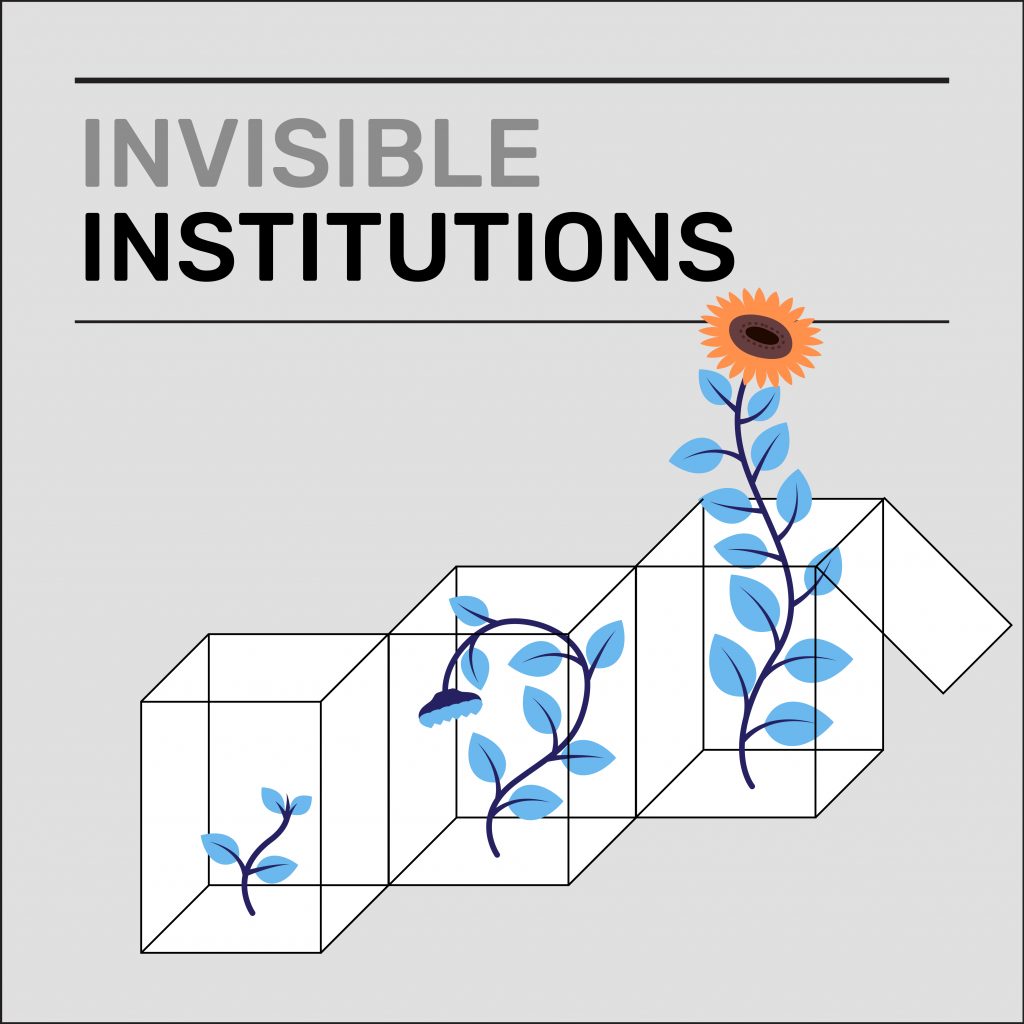
Invisible Institutions is a new documentary podcast exploring the past and present of institutions for people labelled with intellectual and developmental disabilities in Canada.
Creator and host Megan Linton, a disability researcher and writer, investigates the unreported and invisibilized harms of the institutional system. Join her on her journey to the grounds of current and former institutions, including interviews with survivors, community activists, and experts, as they work together to expose the exploitation, isolation, resistance and survival facing people labeled with disabilities.
Find Invisible Institutions on Spotify, Apple Podcasts, Google Play, Amazon Music, and Podbean.
Image description: Invisible Institutions. A design of three boxes: the first has a sprout struggling to grow and the second has shows the plant folding in on itself, constrained by the box’s lid. The third box shows a sunflower blooming out of its open lid.

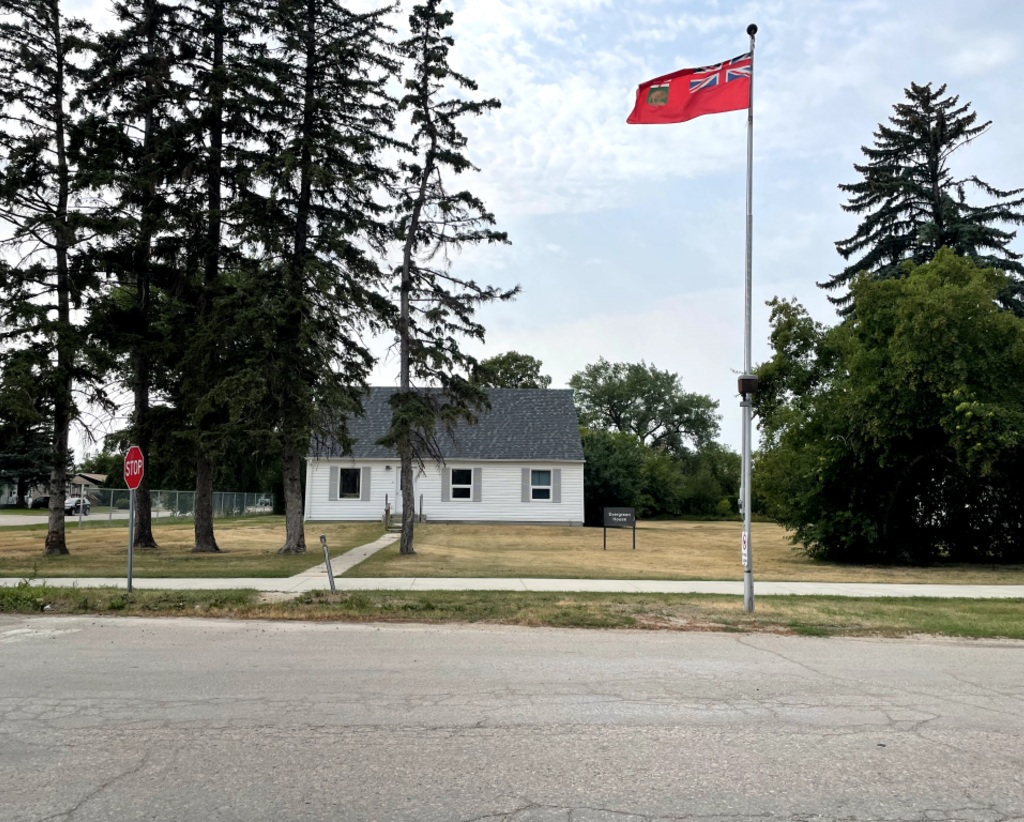
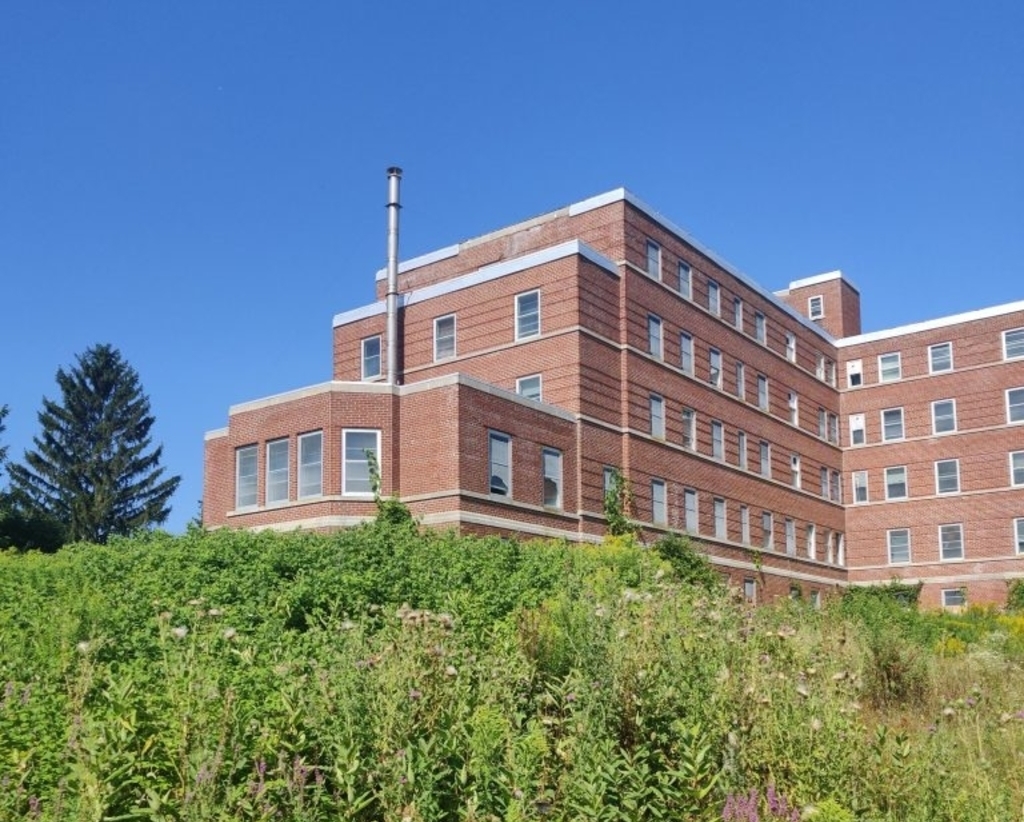
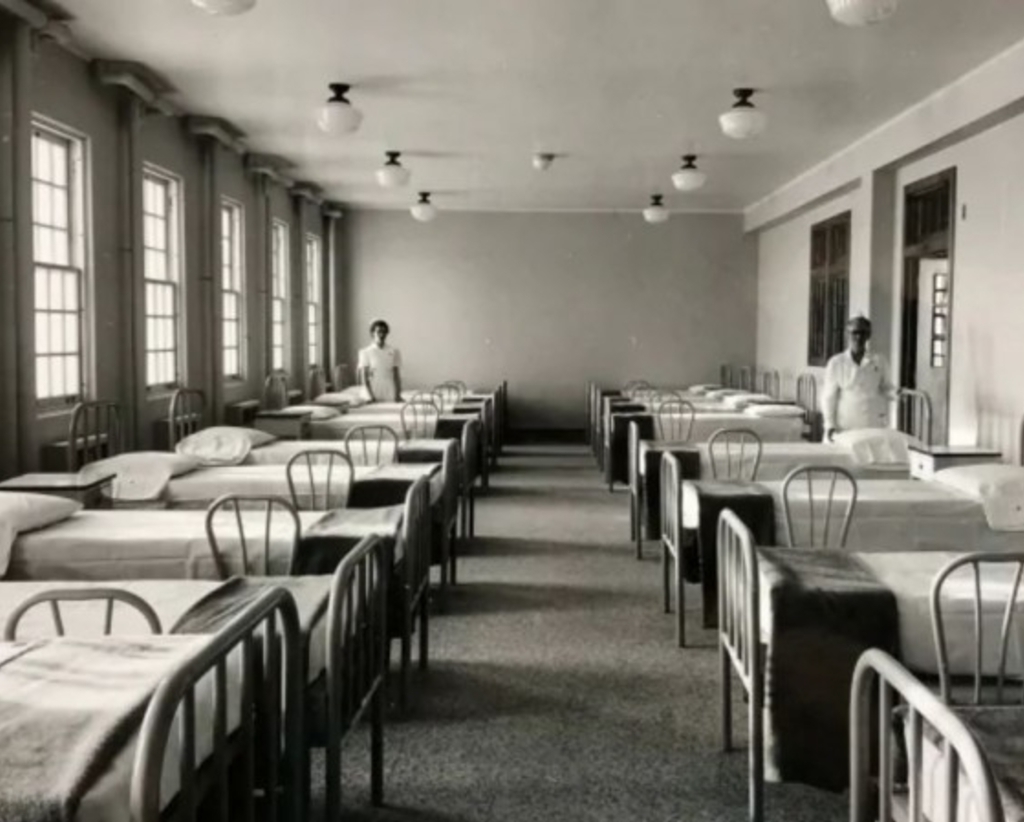
What people are saying
“This podcast is an essential listen for folks who want to understand what structural ableism in our society has and continues to look like. The contents of this podcast belong in our public school systems and in our medical schools. Governments of all jurisdictions in so called Canada continue to try and bury the deep harms and the violence perpetuated by the state through these publicly funded institutions. It’s bitter sweet that the labour going into creating this podcast has been done so by the very people harmed by the institutions that are being discussed, so don’t let this labour be wasted. If you want to learn more about what ableism on stolen land looks like, outside of the neoliberal based conversations that centre an unattainable sense of “equality”, you must listen to this podcast.
Sarah Jama, community organizer and co-founder of the Disability Justice Network of Ontario
“The truth is, I can’t stop thinking about the podcast Invisible Institutions. I “knew” these facts before, as someone who has worked in this field for over twenty years, but in some ways I did not feel these facts before. I needed the reminder, I needed to hear the voices of people then and now, to propel me to take further action to make changes and support healing.
This podcast is a must for anyone who works in health and social care. As we enter an era where we are recognizing the necessity of coming to terms with many ugly truths about how we have othered people, we need to include this learning about people labeled with intellectual disabilities institutionalized then and now in various ways here in Canada. I believe it can make us better health care providers and community members.”
Dr. Yona Lunsky, director of the Azrieli Adult Neurodevelopmental Centre, Senior Scientist in the Adult Neurodevelopment at CAMH.
“Invisible Institutions is a stunning podcasting and research achievement that meticulously details the ongoing horrors of institutionalization in Canada while offering a powerful vision for an alternative future. Through deeply compassionate storytelling rooted in the lives and resistance of survivors, Invisible Institutions refuses attempts to whitewash the profound violence of institutions and makes an extraordinarily convincing case for deinstitutionalization that should be seriously considered by everyone.”
James Wilt, journalist & author of Do Androids Dream of Electric Cars
About the creators
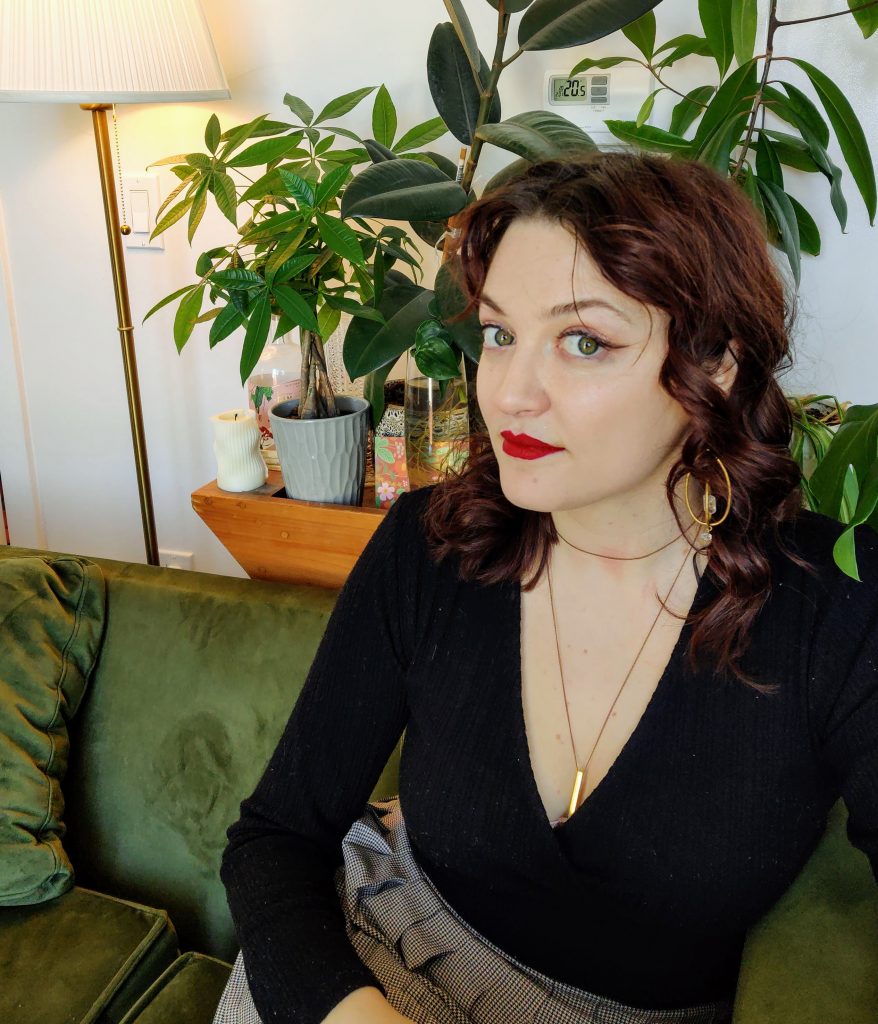
Megan Q. Linton is a researcher, writer, and host of Invisible Institutions. Drawing on her policy background, her writing on institutionalization and disability has appeared in Canadian Dimension, Briarpatch Magazine, the Disability Visibility Project and the CBC. Her research on data gaps and disability, alongside the Tracing COVID-19 Data Project has appeared in Carleton Perspectives on Public Policy and DataLibre. Megan is a doctoral student at Carleton University in the Department of Sociology & Political Economy, where she is also a member of the Disability Justice and Crip Culture Collaboratory.
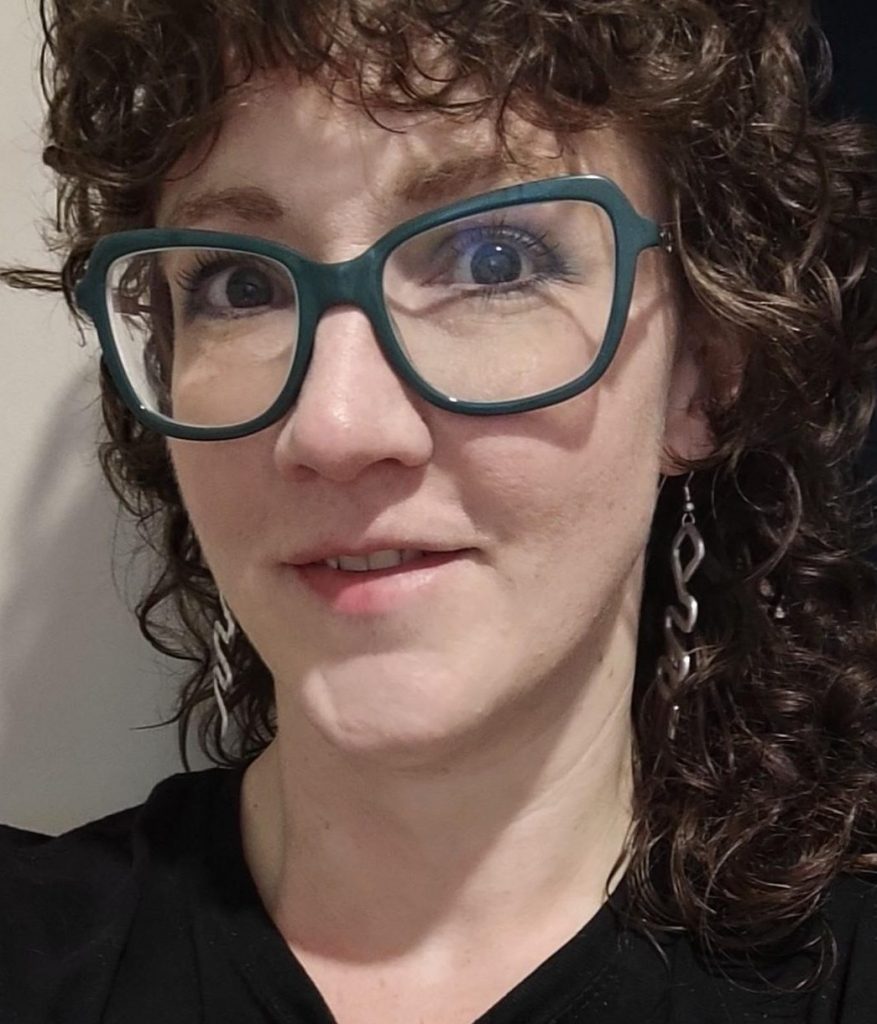
Helena Krobath is an artist, audio editor/sound designer, and educator drawing on sensory experience and recomposition to consider environments and narratives. Helena’s electroacoustic fictions and radio art have been recently presented by Arts Assembly, Publik Secrets, and NAISA (New Adventures in Sound Art), among others. Her audio essay on hearing political economic realities during COVID-19 was published in the Journal of Design and Culture’s special issue on Covid Materialities. Helena has led soundwalks with Vancouver Soundwalk Collective and Vancouver New Music since 2015 and developed workshops on audio storytelling, including for Nuxalk Radio in Bella Coola, Megaphone Magazine in Vancouver, and VIVO Media Arts Centre.
